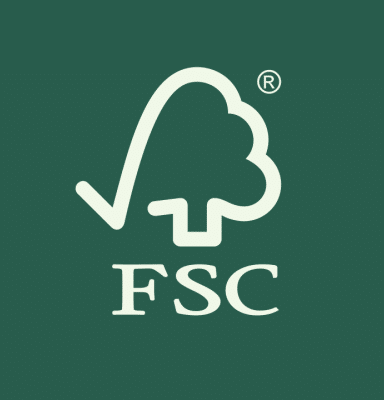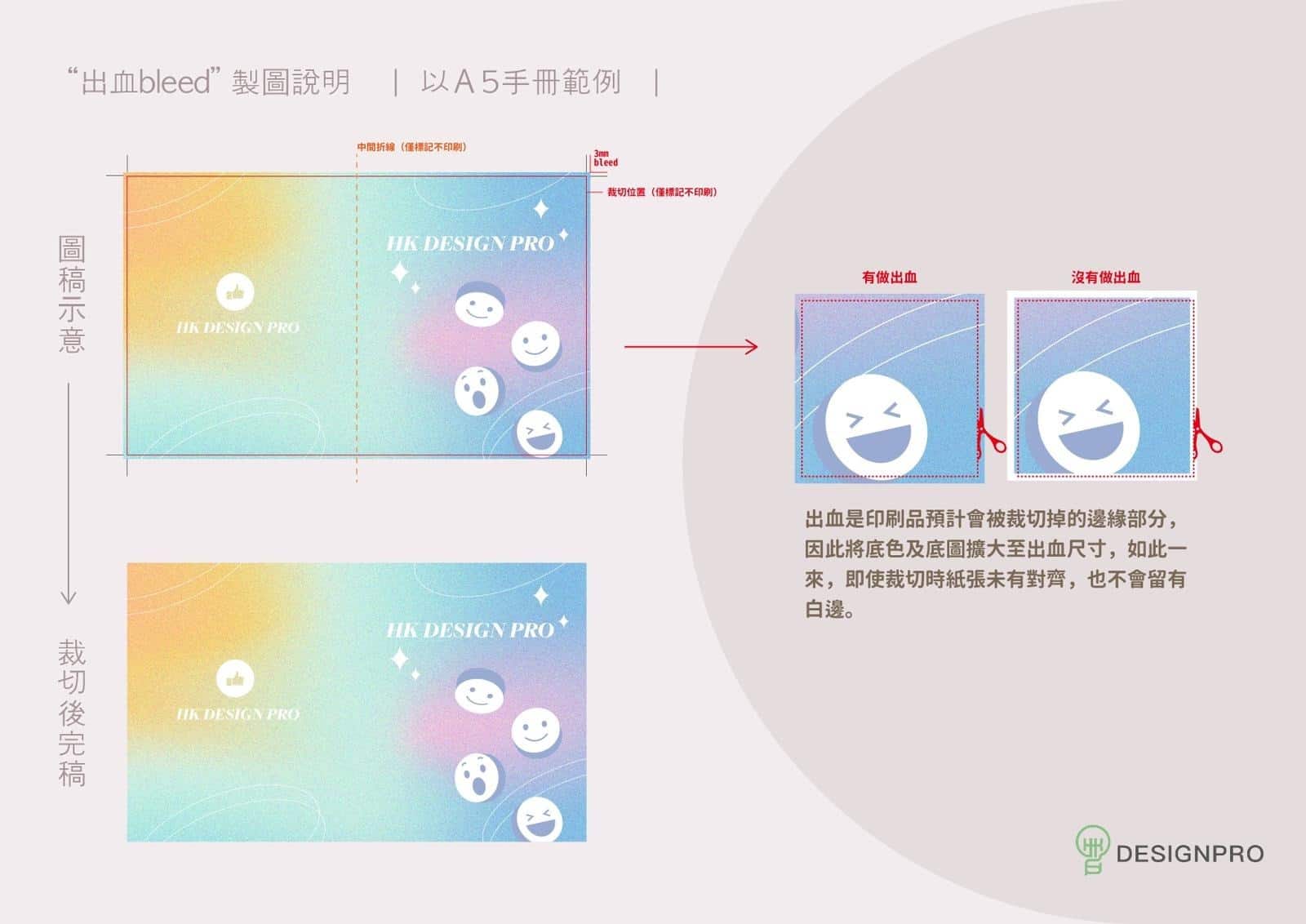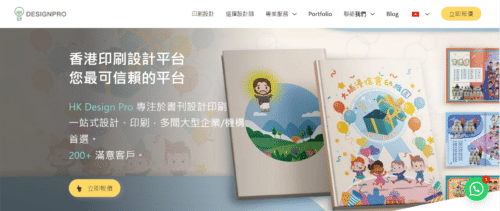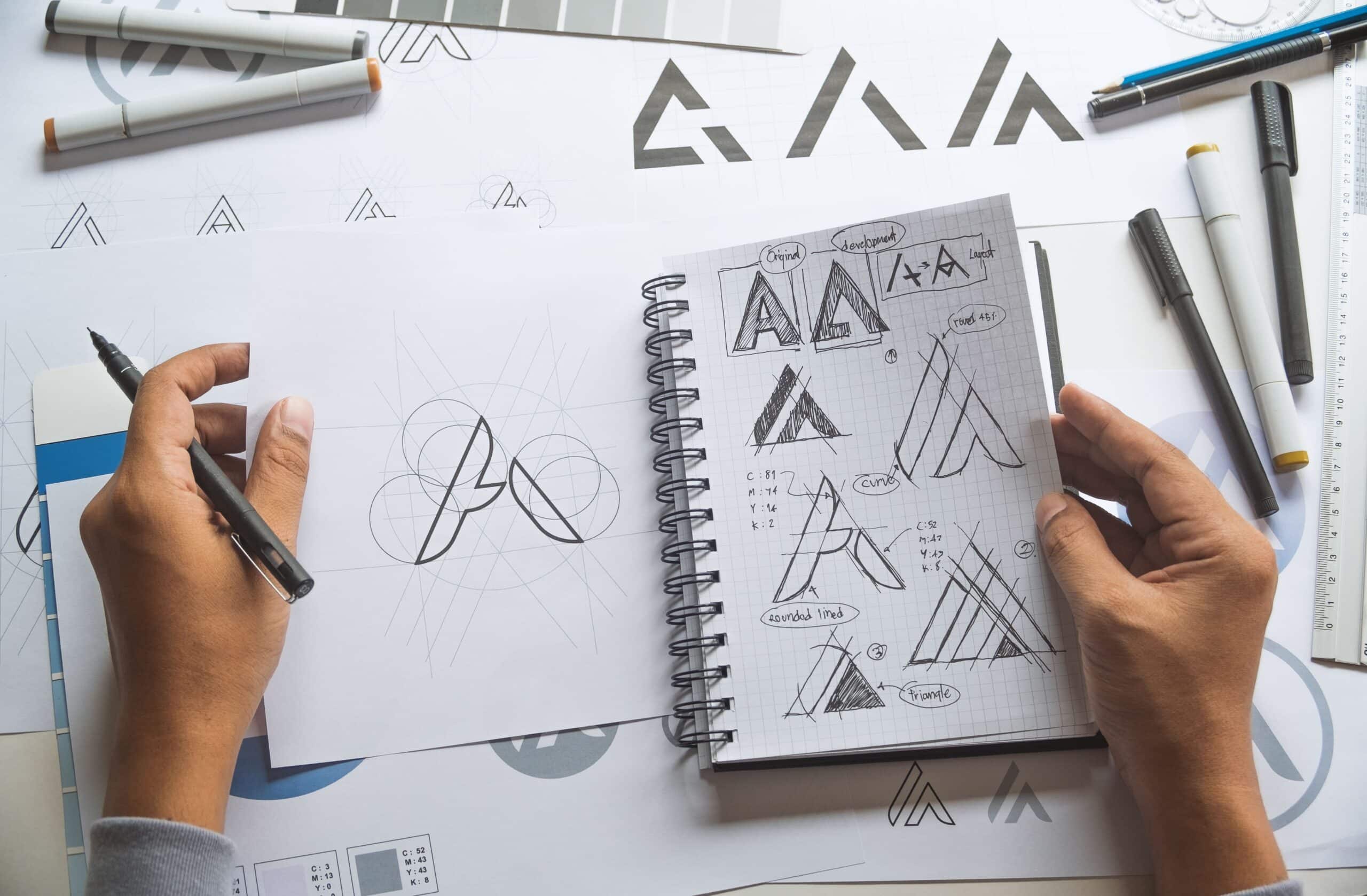The first thing that catches our eyes is the cover of a book, whose design and binding process are inseparable. Now HK design pro brings you information on four types of hardcover printing processes and their corresponding application scenarios.
1. Butterfly hardcover craftsmanship
1 Introduction
Align the prints with the printed elements and content toward the inside of the paper this time, and then take the middle seal as the benchmark, rearrange all the prints according to the page numbers, and then stick the prints on the back of the book bag with adhesive, then Cut out the finished book using a digital computer. Since the book is unfolded from the side, it looks like a butterfly spreading its wings to fly, so it is called butterfly hardcover.
2. Common materials
Commonly used 250g coated paper or 200g white cardboard, the use of such thick paper is required because the butterfly hardcover needs to "make paper with board", and the thick paper is attached to the thick cardboard to achieve the printing quality. Sophistication and luxury.
The white cardboard with better hardness can make the printed product spread out 180 degrees, and the cover and inner pages should be peritoneal (bright film, matte film, cloth film, etc.), thanks to the thick cardboard and exquisite binding effect.
3. Application
Commonly used in photo albums, memorial books and other application scenarios. But its defects are also obvious, because after the paper is over, it cannot exceed the 60p binding volume.
Second, the lock line hardcover process
1 Introduction
The cover is still a hard shell, but the inner page is a little less exaggerated than the butterfly, and only one layer of paper is used. Stitched hardcover relies heavily on the ancient method of thread binding, that is, punching holes in prints and covers, and then threading the needles. This method is mostly handmade (ancient), so it is not easy to use when there are too many leaves.
The lock line hardcover is superimposed by accumulating multiple linear booklets, and the knots between the two adjacent booklets are connected by lock lines, and then the spine is brushed with adhesive. So that the whole can carry more pages without being scattered, and at the same time, this purpose can be achieved through digital computers today.
Some people may think that this is a commonly used binding method in paperback, but it is true, but in hardcover books, this method is still widely used, and unlike paperback, this hardcover method will be more beautifully used The thick hard case cover and the more practical back design balance the overall beauty and practicality of the book.
2. Material
Coated paper of 200-250g is often used, and the color is bright (that is, the best glossy paper), and the texture is uniform. Due to the particularity of its lock-line binding, it is often required that the number of printed pages must be an integer multiple of 4.
3. Application
It is mostly used for multi-page binding of various ancient books, hardcover books, reference books, etc. Its powerful binding method ensures the overall strength of the printed product. But the disadvantage is that if you don't use a book design with a round back or an arched back, when there are many printed books, it may be slightly difficult to fully spread out.
3. Luxury hardcover craftsmanship
1 Introduction
Luxury hardcover craftsmanship, also known as boutique premium binding craftsmanship, generally refers to the aesthetically pleasing binding craftsmanship designed for artistic designs or precious books.
2. Material
At first glance, you will think that this is not much different from other hardcover books, that is, the materials used are more exquisite and luxurious, but in fact, the binding materials used in luxury hardcovers are more expensive than most hardcover books, and the materials used in the cover are more expensive. Add more leather materials or fabric materials, etc., such as (sheepskin, cowhide, silk, brocade, etc.), and even more, inlaid gemstones, gold and silver foil, etc. on the thick bookcase.
If it is more luxurious, there will even be specially designed book boxes with a layer of packaging. The luxury hardcover can be an upgraded version of various hardcover types, but it requires more details and ingenuity of the designer, and at the same time, it is a test of the binding master. Therefore, different types of craftsmanship will have different material requirements, but they will all have higher and more extreme requirements than the general hardcover craftsmanship. Take the common butterfly outfit as an example, the four-corner metal edging of the cover in the luxury hardcover may only be standard, so the material requirements vary according to different customer requirements.
3. Application
Commonly used words are all kinds of ancient books, high-priced and precious books in the collection, or various high-end gift commemorative books and so on. It generally requires high design costs and a lot of time, as well as the designer's ingenuity and painstaking efforts.
4. The design of the round back spine decoration
1 Introduction
Among the several binding designs described above (except for luxury hardcover, which may use a round back design due to its design diversity), the binding process of the round back spine is generally not used. The source of this process is from Disadvantages of the flat back design in the paperback - the multi-page book is not easy to flip through flatly - the method of drawing, that is, the back part of the cover is designed with a partial circle or arch to separate the back part of the cover case from the back part of the book lining Open, so that the lining has room to stretch out, so that the printed product can be completely flattened.
2. Material
Usually, in the choice of cover material, it is only necessary to ensure that the back part can ensure a good degree of curvature. At the same time, in order to ensure that the back part of the lining does not crack due to excessive tiling, the use of high-quality, strong adhesive and binding method (For example, glue-locking), adhesives that are easy to crack such as PUR must be avoided.
3. Application
Thanks to its good overall strength and the ability to tile multiple pages, it is often used in various reference books with a large number of pages, such as dictionaries, Cihai, etc.
Frequently Asked Questions
- Butterfly hardcover pages are thicker and can be tiled, suitable for photo albums, souvenir books, etc.;
- The hardcover of the lock line has strong strength and good comprehensiveness, and it is not easy to tile without the use of round ridges;
- Luxury hardcover has artistic sense and high-strength integrity, but requires high technical force and cost;
- The round ridge hardcover is suitable for prints with a large number of pages, ensuring the overall strength while allowing the prints to be tiled.
- The book cover is not cut neatly;
- The error of the digital cutter leads to the appearance of homozygosity in the printed product;
- The finished product has residual adhesive, which affects the appearance;
- When brushing hot-melt adhesive, no attention was paid to degumming or cover deformation caused by temperature or quality.
- Glazing
- Lamination processing
- Embossing process
- hot stamping
- Iron ring binding machine
- Ring apron binding machine
- Weile binding machine
- Riveting tube binding machine







![Category 4 [Comparison of Hardcover Printing Methods] Butterfly Hardcover vs Lockline Hardcover vs Luxury Hardcover vs Round Back Spine Hardcover 1 精裝書印刷](https://hkdesignpro.com/wp-content/uploads/封面图片-2.png)
![Category 4 [Comparison of Hardcover Printing Methods] Butterfly Hardcover vs Lockline Hardcover vs Luxury Hardcover vs Round Back Spine Hardcover 3 精裝書印刷](https://hkdesignpro.com/wp-content/uploads/蝴蝶精裝-500x283.jpg)
![Category 4 [Comparison of Hardcover Printing Methods] Butterfly Hardcover vs Lockline Hardcover vs Luxury Hardcover vs Round Back Spine Hardcover 4 精裝書印刷](https://hkdesignpro.com/wp-content/uploads/鎖線精裝-500x282.jpg)
![Category 4 [Comparison of Hardcover Printing Methods] Butterfly Hardcover vs Lockline Hardcover vs Luxury Hardcover vs Round Back Spine Hardcover 5 精裝書印刷](https://hkdesignpro.com/wp-content/uploads/豪華精裝-500x382.jpg)
![Category 4 [Comparison of Hardcover Printing Methods] Butterfly Hardcover vs Lockline Hardcover vs Luxury Hardcover vs Round Back Spine Hardcover 6 精裝書印刷](https://hkdesignpro.com/wp-content/uploads/圓背書脊精裝-500x287.jpg)




